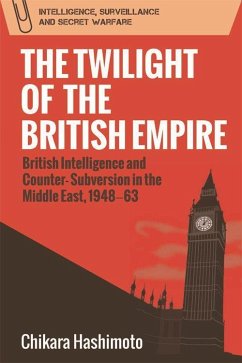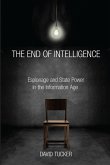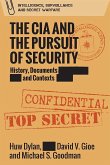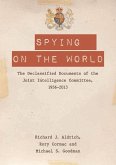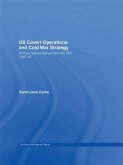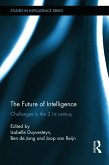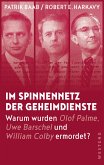Uncovers and examines Britain's counter-subversive policies and security measures implemented in the post-war Middle East Middle Eastern affairs make headlines. Not only are they politically volatile, but the cultural and religious contexts complicate Western involvement in the region. This book reveals secret British intelligence liaisons with Middle Eastern regimes during the early Cold War. It shows how Britain tried to influence regional intelligence and security services and shape their approach to countering communist subversion. Analysing newly declassified documents alongside extensive archival research and historiography, the book pieces together the intelligence culture built by the British Empire in the Middle East in the post-war era. Chikara Hashimoto was Assistant Professor in International Relations, University of Sharjah, the UAE, and Assistant Editor of Intelligence and National Security. He received his PhD in International Politics from Aberystwyth University and published widely on issues of intelligence and counter-subversion in the Middle East. Cover design: [EUP logo] edinburghuniversitypress.com ISBN 978-1-4744-1045-8 Barcode

